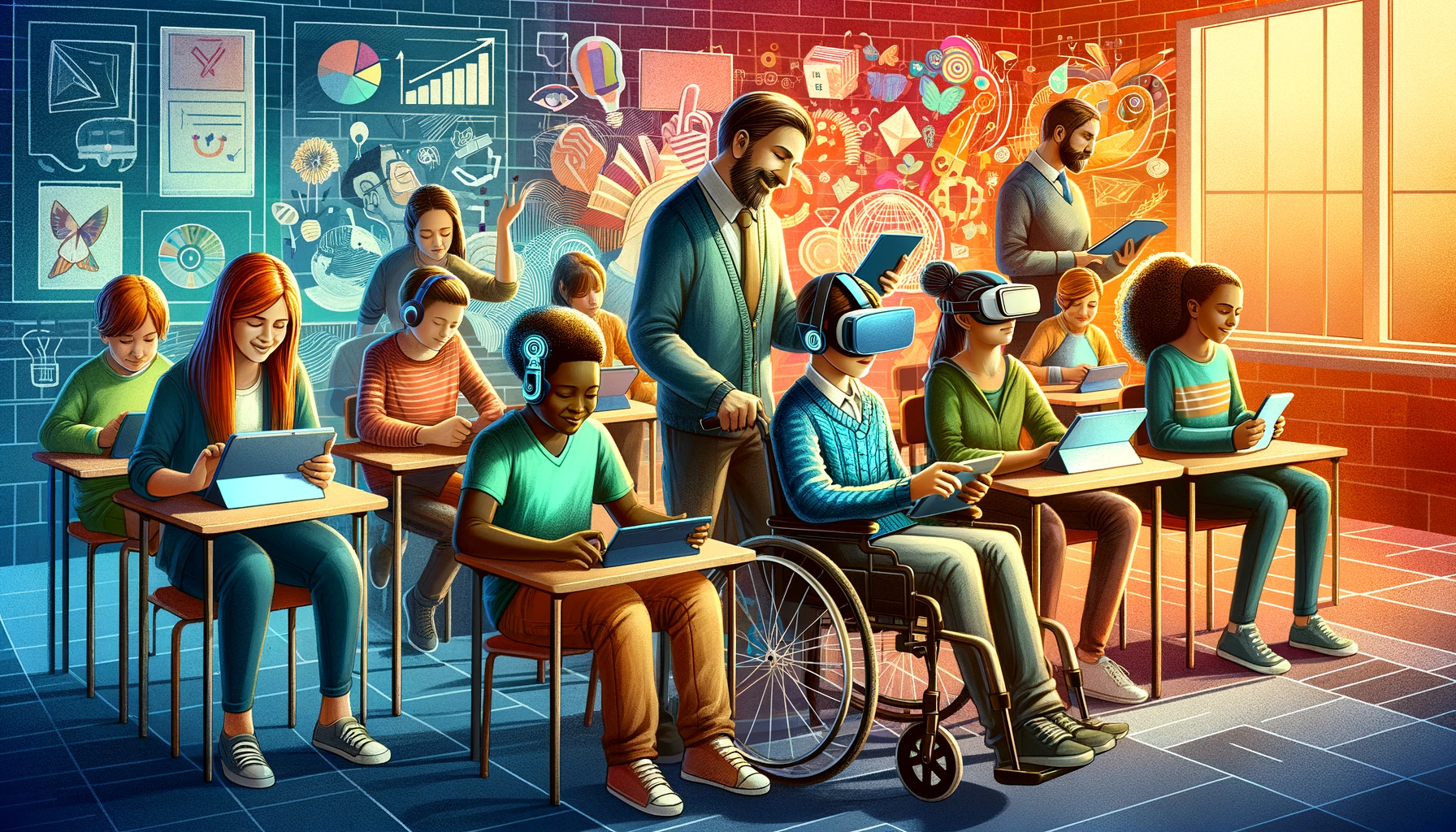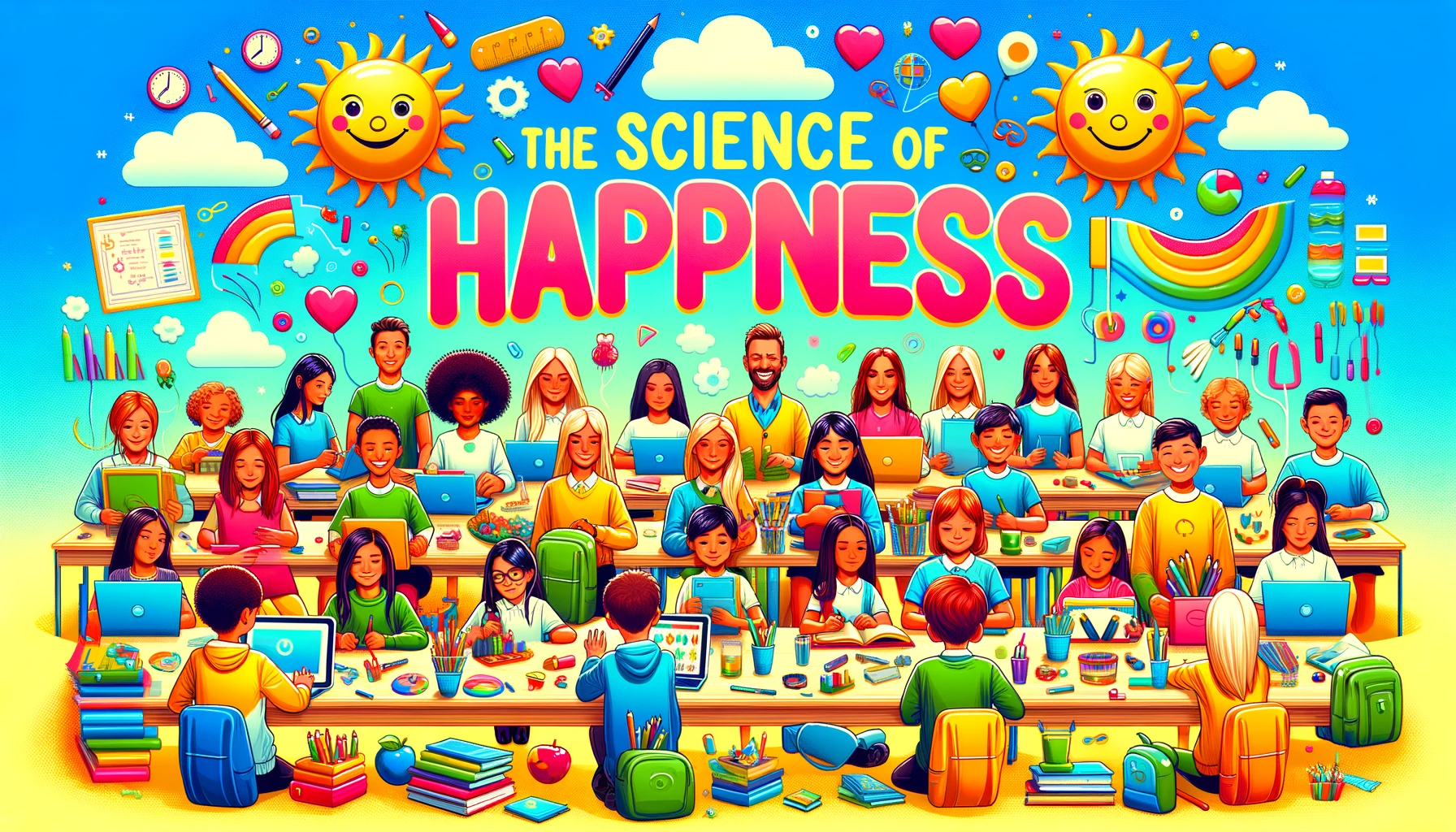
Parent-teacher meetings are the foundation of effective communication. These interactions facilitate a parent-teacher partnership and strengthen the parent-teacher relationship, ultimately boosting student performance. We’ll delve into the benefits of these meetings and tips for successful school communication.
The right teacher-parent communication tools can make all the difference. By using technology and teacher communication apps, parents and teachers can track academic progress, support student progress, and strengthen the school-home connection. Discover the tools that can enhance your communication strategy.
Parental engagement practices and family involvement in education are instrumental in enhancing student success. We’ll explore strategies that boost academic success, foster teacher-student communication, and improve student performance through effective communication.
For a successful educational partnership, specific guidelines need to be followed. Learn about best practices for parent-teacher collaboration, strengthening the parent-teacher relationship, and enhancing student learning through collaboration.
Schools need robust communication methods to ensure the flow of information. Discover ways to improve parent involvement in education, the importance of open dialogue between parents and teachers, and the impact on student achievement. Tracking academic progress is a vital aspect of parent-teacher communication. We’ll discuss strategies for supporting student progress in school, building a strong parent-teacher relationship, and improving student performance through effective communication.
Improving Parent-Teacher Communication
In the realm of education, effective parent-teacher communication stands as a cornerstone for student success. This section dives deep into the importance of improving communication between parents and teachers.
Effective Communication for Student Success
Effective communication is the linchpin of success for students. It opens the door to a teacher-parent partnership that fosters an environment of support, growth, and achievement. By fostering open and effective dialogue, parents and teachers can work together to create the best learning experience for the child.
Parent-Teacher Meetings
Parent-teacher meetings are crucial in promoting effective dialogue. These meetings provide an ideal platform to discuss student progress, set goals, and collaborate on strategies for improvement. When both parties actively participate, the student is the ultimate beneficiary.
Teacher-Parent Communication Tools
The use of teacher-parent communication tools, such as apps and online platforms, can streamline the flow of information. These tools enable real-time academic progress tracking, facilitating a strong teacher-parent partnership.
Student Success Strategies
When parents and teachers collaborate effectively, they can implement student success strategies that cater to individual needs. This includes personalized support, study plans, and resources, which boost academic achievement.
Home-School Collaboration
Collaboration between home and school is a significant aspect of improved communication. It ensures that learning doesn’t stop at the classroom door but continues at home, further enhancing student success.
Effective Teacher-Parent Partnership
Effective parent-teacher communication is not just about exchanging information; it’s about building a strong teacher-parent partnership that significantly impacts a student’s success. In this section, we’ll explore why a teacher-parent partnership is vital, provide tips for teachers and parents to work together effectively, and share real-life success stories that highlight the positive outcomes of such collaborations.
Why a Teacher-Parent Partnership Matters
A strong teacher-parent partnership is essential for several reasons:
1. Student Success
The core objective of this partnership is to support the student. When teachers and parents collaborate, they can create a conducive learning environment, tailored to the child’s unique needs, ultimately leading to better student performance.
2. Open Dialogue
Effective communication fosters open dialogue. It ensures that parents and teachers are on the same page regarding the child’s education, behavior, and progress.
3. Education Collaboration
Teachers and parents working together extend beyond the classroom. It empowers parents to continue the learning journey at home, reinforcing lessons and skills taught in school.
Tips for Effective Teacher-Parent Partnerships
Now, let’s delve into tips for teachers and parents to strengthen their collaboration:
Parent-Teacher Meetings: Building a Foundation
- Regular parent-teacher meetings create an opportunity for parents to understand their child’s progress and for teachers to gain insights from parents.
Teacher-Parent Communication Tools: Streamlining Communication
- Utilize communication tools and apps to facilitate easy and timely updates on assignments, grades, and school activities.
Student Success Strategies: Tailoring Education
- Develop strategies that cater to the student’s strengths, weaknesses, and learning style. Adapt the approach as needed to ensure success.
Home-School Collaboration: Extending Learning
- Encourage parents to support their child’s learning at home through reading, discussions, and reinforcing classroom concepts.
Enhancing Student Success
Parent-teacher communication, often seen as a bridge between home and school, plays a pivotal role in shaping a student’s educational journey. By enhancing this communication, we can contribute significantly to student success.
The Power of Improved Communication
When parents and teachers communicate effectively, it leads to better academic performance and overall growth for students. Here’s how:
1. Academic Progress Tracking
Regular parent-teacher meetings and the use of teacher-parent communication tools enable educators and parents to track a student’s academic progress more closely. This means identifying areas where the student excels and areas that may need improvement.
2. Student Success Strategies
Improved parent-teacher communication helps in creating personalized student success strategies. This involves tailoring teaching methods, study plans, and resources to cater to the student’s unique needs, ultimately boosting academic achievement.
3. Home-School Collaboration
Effective communication extends learning beyond the school walls. Parents, with insights from teachers, can continue the educational journey at home, reinforcing classroom concepts and ensuring that learning is a continuous process.
4. Parent-Teacher Meetings: A Foundation for Success
Regular parent-teacher meetings provide an opportunity for parents and teachers to engage in open dialogue about the student’s progress and challenges. It’s here that collaboration begins, with both parties sharing insights and setting goals to support the student effectively.
5. Teacher-Parent Communication Tools: Streamlining Updates
The use of teacher-parent communication tools, such as apps and online platforms, streamlines the exchange of information. Parents can receive real-time updates on assignments, grades, and school activities, ensuring that they stay well-informed about their child’s education.
Building Open Dialogue
Effective parent-teacher communication is not just about information exchange; it’s about building a strong, open, and honest dialogue that directly contributes to a student’s success. In this section, we’ll explore practical strategies for fostering this essential connection, offering examples of constructive conversations, and suggesting tools for maintaining consistent communication.
Practical Strategies for Building Open Dialogue
Creating an open dialogue between parents and teachers is crucial. Here are practical strategies to achieve this:
1. Be Approachable and Welcoming
- Teachers should create a welcoming atmosphere where parents feel comfortable discussing their child’s education. Being approachable and non-judgmental is key to building trust.
2. Active Listening
- Both parents and teachers should practice active listening during discussions. This means fully engaging in the conversation, understanding the concerns, and asking clarifying questions.
3. Set Clear Expectations
- Establishing clear expectations for both parents and teachers regarding communication and involvement sets a strong foundation for open dialogue.
4. Use Multiple Communication Channels
- Utilize various communication methods such as emails, phone calls, and in-person meetings to cater to parents’ and teachers’ preferences.
5. Encourage Questions and Feedback
- Create an environment where parents feel comfortable asking questions and providing feedback. This feedback loop is invaluable for improvement.
Constructive Conversations during Parent-Teacher Meetings
During parent-teacher meetings, constructive conversations can make a significant difference. Here are some examples:
1. Goal Setting
- Discussing academic and personal development goals for the student. This can include setting objectives for the upcoming semester or addressing areas that need improvement.
2. Progress Updates
- Sharing detailed updates on the student’s progress, including their academic achievements, behaviour, and participation in class.
3. Individualised Learning
- Exploring personalized learning plans to address the specific needs and learning styles of the student.
4. Problem-Solving
- Identifying challenges the student may be facing and brainstorming solutions to overcome them.
5. Emotional and Social Development
- Discussing the student’s emotional and social well-being, including any concerns or accomplishments in these areas.
Conclusion
Effective parent-teacher communication is the path to student success. It empowers both educators and parents to collaborate, leading to better academic performance, emotional development, and overall growth for students.
Constructive conversations during parent-teacher meetings are an essential aspect of this communication. These discussions can revolve around goal setting, progress updates, individualized learning, problem-solving, and emotional and social development.
Practical strategies for building open dialogue include being approachable and welcoming, practising active listening, setting clear expectations, using multiple communication channels, and encouraging questions and feedback.
FAQs
How can I improve parent-teacher communication?
Improving parent-teacher communication involves being proactive. Initiate regular meetings, utilize communication apps, and maintain an open and welcoming attitude. Active listening and addressing concerns promptly are also key factors.
What are the benefits of an effective teacher-parent partnership?
An effective teacher-parent partnership benefits students by enhancing academic performance, building a supportive learning environment, and fostering a sense of teamwork between home and school.
What tips can enhance school communication?
Enhance school communication by using multiple channels (emails, apps, websites), sending regular updates, and participating in Parent-Teacher Associations (PTAs) or similar groups.
How can I foster parent involvement in my child’s education?
Foster parent involvement by encouraging participation in school activities, volunteering, and actively communicating with teachers. Share resources and tips for supporting learning at home.
How does parent-teacher communication impact student achievement?
Effective parent-teacher communication positively impacts student achievement by providing tailored support, fostering a conducive learning environment, and ensuring that teachers and parents are aligned in their efforts.
What is the importance of open dialogue between parents and teachers?
Open dialogue is essential for addressing concerns, setting goals, and maintaining transparency in a student’s education. It builds trust and enables constructive collaboration.
How can I support my child’s progress in school?
Support your child’s progress by staying informed about their education, actively participating in discussions with teachers, and creating a home environment conducive to learning.
What are the best practices for family involvement in education?
Best practices for family involvement include regular communication, attending school events, creating a structured home routine, and providing a supportive and nurturing atmosphere.
How can I build a strong parent-teacher relationship?
To build a strong parent-teacher relationship, maintain open and honest communication, establish clear expectations, and actively participate in your child’s education.
What strategies can improve student performance through communication?
Strategies include setting clear academic goals, addressing challenges, tailoring teaching methods to the student’s needs, and maintaining an ongoing feedback loop.
How does school-home connection impact academic success?
A strong school-home connection reinforces learning, encourages academic engagement, and ensures students have consistent support and resources for success.
What are the benefits of teacher-student communication?
Teacher-student communication builds rapport, helps teachers identify individual needs, and creates a positive, supportive learning environment.
How can teacher-parent collaboration enhance student learning?
Collaboration between teachers and parents enhances student learning by reinforcing lessons at home, addressing individual needs, and providing a holistic educational approach.
How does a parent-teacher partnership benefit academic success?
A parent-teacher partnership benefits academic success by creating a network of support, ensuring a student’s unique needs are addressed, and maintaining a clear focus on their educational growth.






